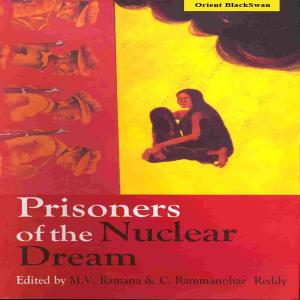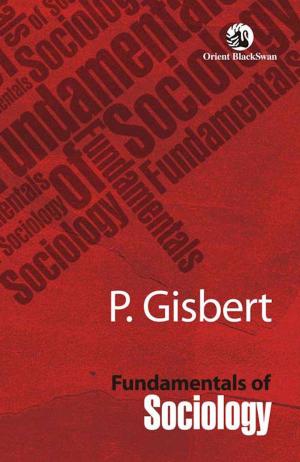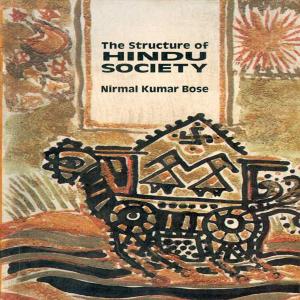Lenin and Imperialism
An Appraisal of Theories and Contemporary Reality
Nonfiction, Social & Cultural Studies, Political Science, Politics, Reference, Government, Communism & Socialism| Author: | ISBN: | 9788125050148 | |
| Publisher: | Orient Blackswan Pvt. Ltd | Publication: | December 13, 2012 |
| Imprint: | Language: | English |
| Author: | |
| ISBN: | 9788125050148 |
| Publisher: | Orient Blackswan Pvt. Ltd |
| Publication: | December 13, 2012 |
| Imprint: | |
| Language: | English |
There are two distinct levels at which Lenin theorised about imperial-ism. At one level he outlined certain tendencies in the phase of monopoly capital which generated situations of actual or potential armed conflict and made for global instability of the international capitalist state system. At another level he explored with this theoretical apparatus, the specific, conjuncture which prevailed on the eve of the First World War as a means of explaining it. It is necessary to distinguish between these two levels; a failure to do so characterises both those who dismiss Lenin's theory as dated and those who apply it mechanically to current situations. The sixteen papers in this volume constitute an effort to correctly understand and apply Lenin's theory and provide useful material on the significance and interpretation of Lenin's theory of imperialism and on aspects of the capitalist crisis using empirical data to support theoretical assumptions. The volume also contains papers critically appraising recent theoretical writings on the theory of imperialism.Dr Patnaik's lucid Introduction highlights the various aspects of Lenin's theory that are, taken up in the five sections of this book. The first section interprets the theory and evaluates Lenin's insights with the help of empirical data. Two major themes are explored in the second section-state monopoly capitalism after the Second World War, and the changing pattern of inter-imperialist contradictions. The capitalists crisis and the problem of war-a very real situation for the world today-is taken up in the third section, while Section IV deals with imperialism and Third World industrialization. The last section is devoted to a critique of recent theoretical writings on the subjectThe papers in this book were first presented at a seminar on Lenin and Contemporary Imperialism.
There are two distinct levels at which Lenin theorised about imperial-ism. At one level he outlined certain tendencies in the phase of monopoly capital which generated situations of actual or potential armed conflict and made for global instability of the international capitalist state system. At another level he explored with this theoretical apparatus, the specific, conjuncture which prevailed on the eve of the First World War as a means of explaining it. It is necessary to distinguish between these two levels; a failure to do so characterises both those who dismiss Lenin's theory as dated and those who apply it mechanically to current situations. The sixteen papers in this volume constitute an effort to correctly understand and apply Lenin's theory and provide useful material on the significance and interpretation of Lenin's theory of imperialism and on aspects of the capitalist crisis using empirical data to support theoretical assumptions. The volume also contains papers critically appraising recent theoretical writings on the theory of imperialism.Dr Patnaik's lucid Introduction highlights the various aspects of Lenin's theory that are, taken up in the five sections of this book. The first section interprets the theory and evaluates Lenin's insights with the help of empirical data. Two major themes are explored in the second section-state monopoly capitalism after the Second World War, and the changing pattern of inter-imperialist contradictions. The capitalists crisis and the problem of war-a very real situation for the world today-is taken up in the third section, while Section IV deals with imperialism and Third World industrialization. The last section is devoted to a critique of recent theoretical writings on the subjectThe papers in this book were first presented at a seminar on Lenin and Contemporary Imperialism.















